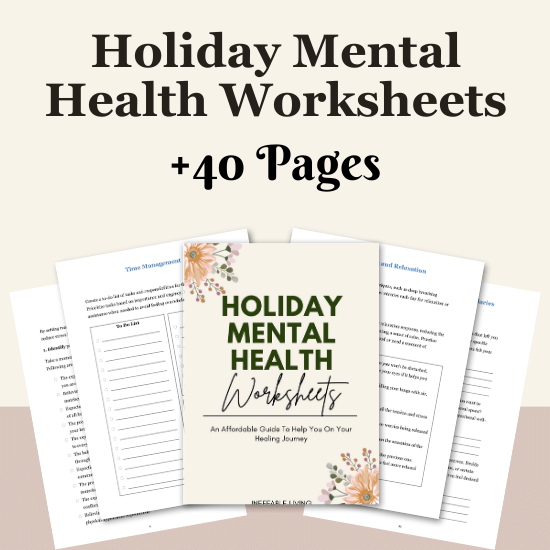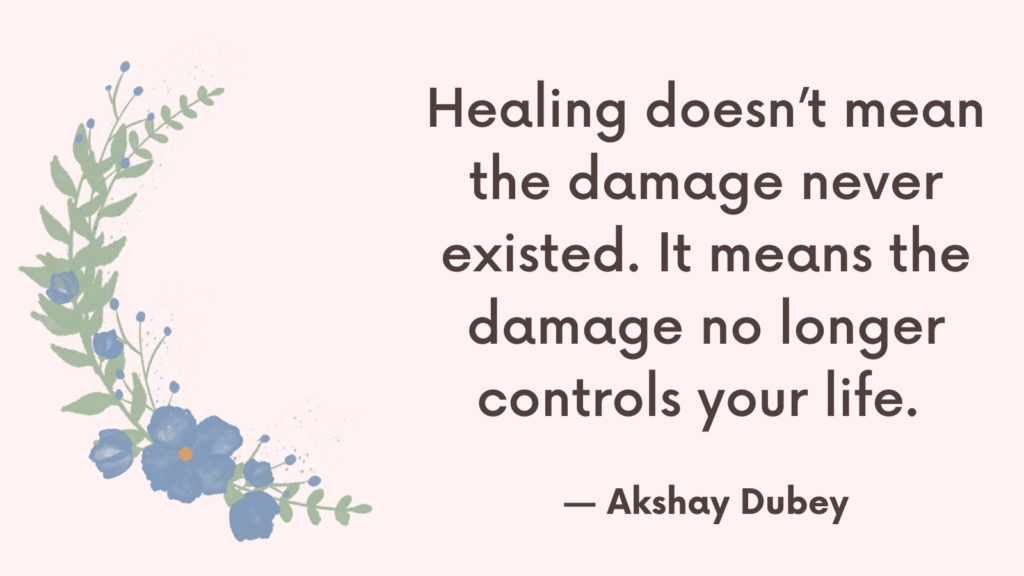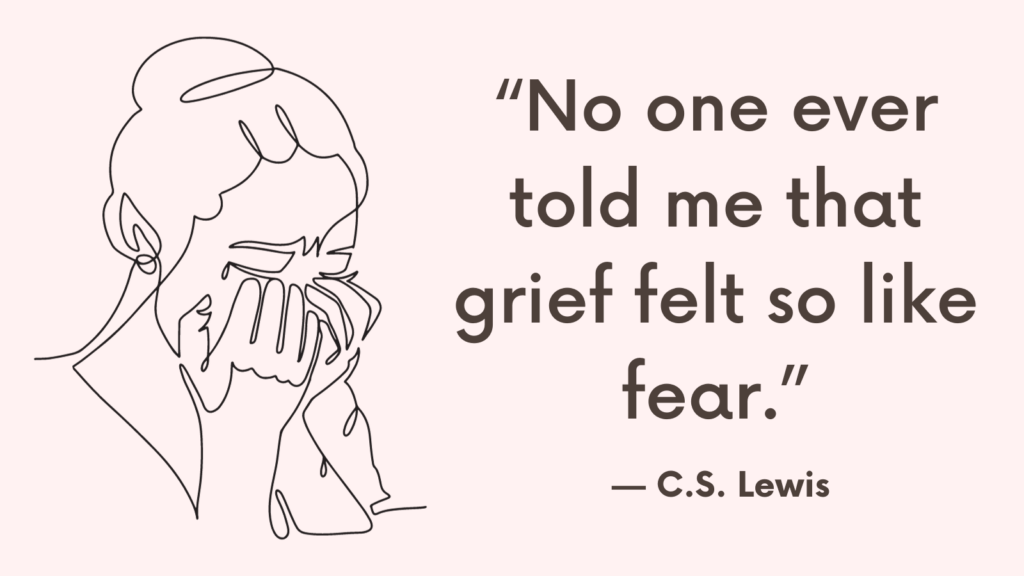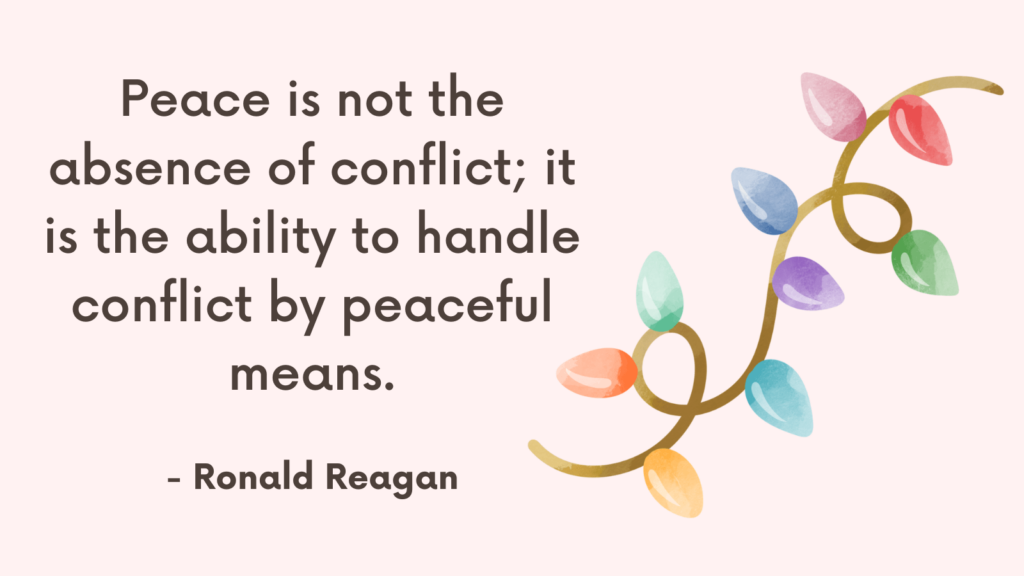The holiday season is a time of joy, celebration, and connection—but it can also bring stress, overwhelm, and anxiety.
From financial pressures to busy schedules, managing holiday stress requires a proactive approach to ensure you prioritize your mental wellness.
This checklist will guide you in preparing for the season with practical steps to keep stress at bay.
How to Prepare for Holiday Stress: A Mental Wellness Checklist
1. Acknowledge Your Feelings
Holidays can evoke a mix of emotions, from joy to sadness.
Recognizing your feelings is the first step toward managing them.
Checklist:
- Reflect on what the holidays mean to you.
- Allow yourself to feel your emotions without judgment.
- Talk to someone you trust about your feelings if needed.
- Journal about your holiday expectations and identify any emotional triggers in advance.
Related: Managing Post-Holiday Fatigue: How to Recharge Mentally and Emotionally?
2. Set Realistic Expectations
The “perfect” holiday doesn’t exist, and striving for perfection can lead to unnecessary stress.
Checklist:
- List what truly matters to you during the holidays.
- Focus on experiences rather than material things.
- Avoid overcommitting to events or tasks.
- Create a simple holiday vision board or list to focus on what’s most meaningful to you.
Related: How to Cope with Holiday FOMO (Fear of Missing Out)?
3. Create a Budget
Financial stress is one of the most common holiday stressors. Setting a budget can help you feel in control.
Checklist:
- Determine how much you can afford to spend on gifts, travel, and festivities.
- Track your expenses to avoid overspending.
- Explore creative, budget-friendly gift ideas or experiences.
- Use a holiday budgeting app or spreadsheet to organize your spending.
Related: 7 Exercises to Manage Financial Anxiety Around the Festive Season
4. Prioritize Your Time
A packed schedule can leave you feeling overwhelmed. Time management is key to maintaining balance.
Checklist:
- Make a list of holiday events and commitments.
- Block out downtime for relaxation and self-care.
- Practice saying “no” to avoid overbooking yourself.
- Use a planner or digital calendar to organize your holiday schedule.
Related: How to Handle Holiday Overwhelm: Practical Stress Reduction Tips
5. Practice Healthy Habits
Amid the hustle and bustle, maintaining your physical health is crucial for mental wellness.
Checklist:
- Stay hydrated and eat balanced meals.
- Incorporate physical activity into your routine, even if it’s a short walk.
- Get 7-8 hours of sleep each night.
- Schedule regular breaks during the day to stretch, meditate, or simply breathe.
Related: 10 Simple Ways to Brighten Your Mood During the Winter Months
6. Plan Ahead for Triggers
Family dynamics, grief, or holiday obligations can be emotionally triggering. Preparing for these situations can help you stay grounded.
Checklist:
- Identify potential stressors, such as difficult conversations or crowded gatherings.
- Develop strategies for handling these situations calmly.
- Set boundaries around topics or activities that make you uncomfortable.
- Practice role-playing responses to potential challenges with a trusted friend.
Related: How to Manage Family Conflicts at Holiday Gatherings?
7. Incorporate Stress-Relief Techniques
Finding ways to manage stress proactively can make a big difference during the holidays.
Checklist:
- Practice deep breathing or mindfulness meditation.
- Engage in hobbies or creative outlets to relax.
- Use grounding techniques if you feel overwhelmed.
- Dedicate 10 minutes a day to mindfulness exercises or a gratitude practice.
Related: 10 Holiday Rituals That Support Mental Wellness
8. Communicate Your Needs
Clear communication with friends and family can prevent misunderstandings and unmet expectations.
Checklist:
- Share your holiday plans and boundaries with loved ones.
- Express your needs clearly and assertively.
- Be open to compromising when necessary.
- Use “I” statements to express your feelings, such as “I feel overwhelmed when plans change last-minute.”
Related: Post-Holiday Depression: Why It Happens and How to Manage It
9. Limit Social Media
Scrolling through highlight reels of others’ celebrations can contribute to comparison and stress.
Checklist:
- Set daily limits for social media use.
- Unfollow accounts that make you feel inadequate or stressed.
- Focus on engaging with people in real life.
- Turn off notifications for social media apps during gatherings or personal downtime.
Related: How to Cope with Holiday Expectations And Loneliness?
10. Build a Support System
Having a strong support system can help you navigate the ups and downs of the holiday season.
Checklist:
- Identify friends or family members you can rely on for support.
- Join holiday support groups if you’re feeling lonely or stressed.
- Seek professional help if holiday stress becomes overwhelming.
- Schedule weekly check-ins with a trusted friend or mentor to share how you’re feeling.
Related: 10 Tips for Holiday Stress Management During Family Gatherings
11. Make Time for Joy
Amid the holiday chaos, don’t forget to prioritize activities that bring you happiness.
Checklist:
- Plan small, joyful activities like watching a holiday movie or baking cookies.
- Create new traditions that align with your values.
- Focus on moments of gratitude and connection.
- Write down three things you’re grateful for each day to stay positive.
Related: How to Cope with Family Estrangement During the Holiday Season?
12. Reflect and Adjust
As the holiday season progresses, reflect on what’s working and make adjustments as needed.
Checklist:
- Regularly evaluate your stress levels and emotional well-being.
- Adjust your plans or commitments to reduce stress.
- Celebrate small victories, like maintaining a boundary or staying within budget.
- Keep a holiday journal to track your experiences and reflect on lessons learned.
Related: How to Stay Grounded in a Season of Overindulgence?

Common Holiday Stress Triggers
1. Financial Pressure
The expectation to buy gifts, travel, host events, and participate in seasonal activities can quickly add up. Even when you try to stay within your budget, the pressure to spend often exceeds what feels comfortable or sustainable.
2. Family Dynamics
Old roles, unspoken tension, unresolved conflict, or differing values can turn family gatherings into emotionally loaded situations. The pressure to “keep the peace” or pretend everything is fine can be exhausting and triggering.
3. Overpacked Schedules
From work deadlines and school events to social gatherings and travel, the calendar can fill up fast. Too many commitments leave little time for rest, which leads to irritability, overwhelm, and mental fatigue.
4. Grief and Absence
Holidays often highlight who’s missing — whether through death, distance, estrangement, or change. Even joyful events can be shadowed by longing, making grief feel sharper during this season.
5. Unrealistic Expectations
Whether they come from yourself, your family, or cultural messaging, the belief that the holidays should be magical, harmonious, or perfect can create pressure. Trying to live up to an idealized version of the season leads to disappointment and emotional strain.
6. Disrupted Routines
Holiday travel, events, or late nights often throw off regular habits — eating, sleeping, exercise, or self-care. These disruptions can lead to physical and emotional dysregulation, especially for those who rely on routine for mental health stability.
7. Social Obligations
Even if you’re an extrovert, constant social interaction can be draining. If you’re more introverted, large gatherings or small talk with acquaintances can be especially stressful. Feeling the need to be “on” all the time wears down your emotional reserves.
8. Comparison and Social Media
Seeing others’ picture-perfect celebrations, vacations, or gifts on social media can trigger feelings of inadequacy or envy. Comparing your behind-the-scenes reality to someone else’s highlight reel can intensify shame or loneliness.
9. Difficult Conversations or Boundaries
The holidays often bring people together who have differing beliefs, values, or opinions — and not every conversation stays surface-level. Navigating personal topics or setting boundaries with assertiveness can be incredibly stressful.
10. Pressure to Appear Happy
Even when you’re struggling, there’s often an unspoken expectation to smile, be cheerful, and “get into the spirit.” Pretending to be fine when you’re overwhelmed, sad, or burnt out can leave you feeling disconnected from yourself and others.
Conclusion
The holidays don’t have to be a source of stress.
By preparing in advance, setting boundaries, and focusing on what truly matters, you can create a season that’s meaningful and manageable.
Use this mental wellness checklist to prioritize your well-being and enjoy the holidays with peace of mind.
Remember, it’s okay to prioritize yourself and your mental health—it’s the greatest gift you can give.



